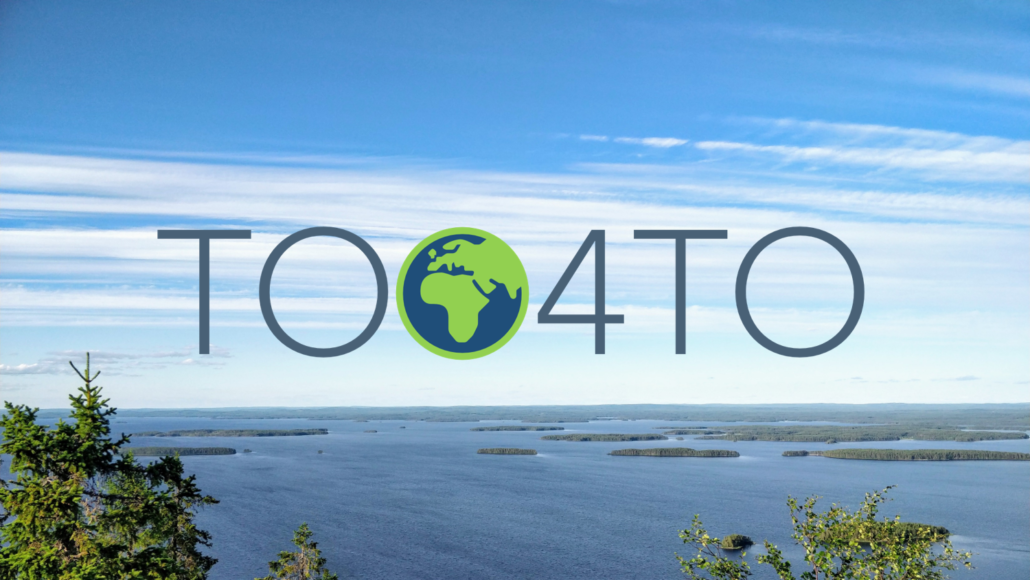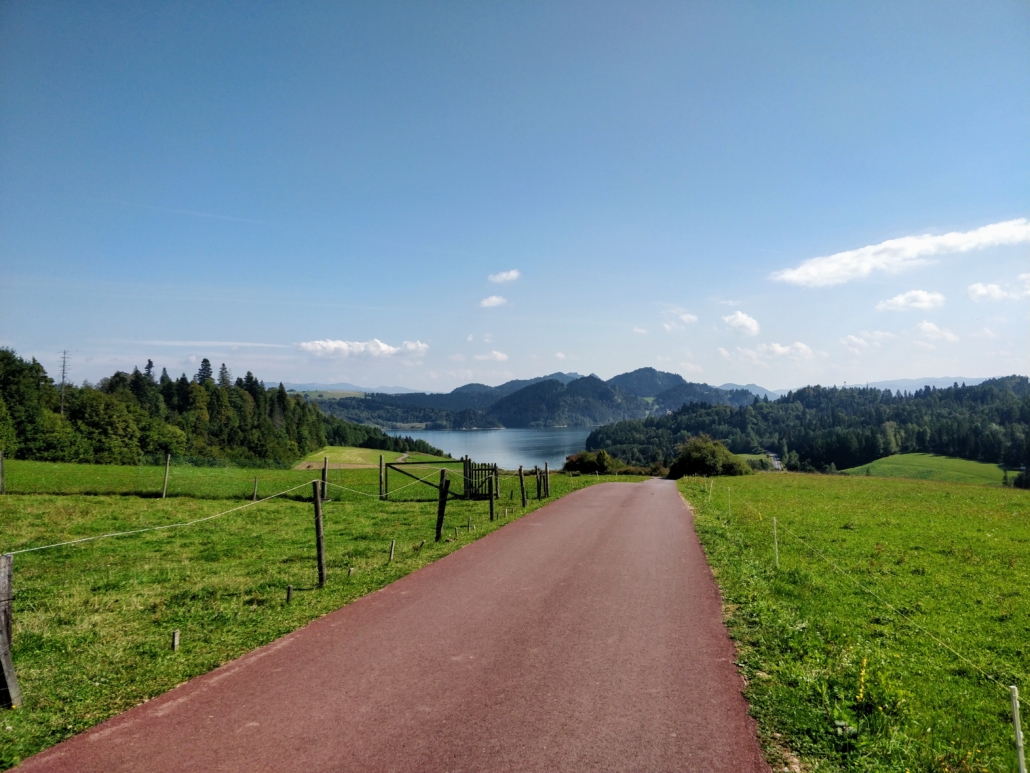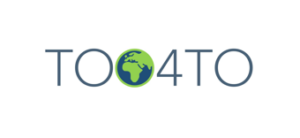TOO4TO to Integrate Sustainability into Higher Education Studies

“The current decade is the make-or-break moment for our planet”. These were the words of the President of the European Commission, Ursula von der Leyen, in her appearance at the recently held virtual event “Investing in Climate Action” [1]. She highlighted in her speech that “the global emissions [are] still rising and that this has to change as a matter of urgency”, whilst acknowledging that “climate action is not only a necessity, it is also the greatest economic opportunity of our lifetime […] similar to the digital revolution 40 years ago”.
To respond to climate change and environmental degradation, the European Union has initiated The European Green Deal to make the EU’s economy sustainable [2]. As part of this plan, education and training have been recognised as essential enablers of the transition towards a more sustainable future. Moreover, in line with the EU-supported UN sustainable development goals, education is one of the most powerful and proven vehicles for sustainable development, and its goals can only be realised within global partnership and cooperation. Sustainable Management: Tools for Tomorrow (TOO4TO) will be taking on this challenge!
TOO4TO isa 35-month EU-funded Erasmus+ project, running until August 2023 in cooperation with European strategic partner institutions. This website will be the main source of information about the TOO4TO project and its developments. Additionally, this website will host an active blog whose purpose is to explore and stimulate discussion on various issues related to sustainability from various perspectives. In this first blog entry, we wish briefly to introduce the ongoing project and the exciting road ahead of us!

TOO4TO was initiated by the Gdańsk University of Technology to address the need for the greater integration of the topic of sustainability into management study programmes. After all, various sources indicate a growing labour market demand for sustainability professionals [3]–[5] and sustainability competencies, even in positions that are not directly related to sustainability [6]. At the same time, the recent Eurobarometer survey on public attitudes to the environment has shown a clear majority of Europeans thinking that large companies and industries are not doing enough to protect the environment [7]. Assessing and demonstrating sustainability may also be difficult for organisations because there is no clear understanding of what sustainability means in the organisational context [8].
To respond to the labour market needs, TOO4TO aims to increase the skills, competencies and awareness of future managers and employees with available tools and methods that can provide sustainable management and, as a result, support sustainable development in the EU and beyond.
The project seeks to achieve its aim by designing a working-life oriented curriculum and deliver it in the form of an e-learning course to students of management disciplines. As part of the learning materials, the project intends to establish a Dynamic Material Bank, which summarises and compiles the most recent and relevant open-access materials devoted to sustainability applicable in an organisational context. As an innovative educational method, the e-learning course is intended to be arranged so that students can work on international group assignments virtually with students from the partnering higher education institutions, which will enhance the learners’ communication and problem-solving skills in virtual multicultural teams. Indeed, such skills are increasingly important due to the exceptional current events caused by COVID-19, which has demonstrated how vital it is for companies and education institutions to possess skills and competencies in virtual teamwork.
In addition to the Gdańsk University of Technology, the project consortium comprises three other European strategic partner institutions and one associated partner. The Kaunas University of Technology, based in Lithuania, has over 20 years of experience in environmental-oriented multidisciplinary programmes. In Finland, Turku University of Applied Sciences has extensive experience in arranging courses in a virtual environment. TOO4TO adopts their invented innovation pedagogy (INNOPEDA®), a learning approach that enhances individuals and groups’ innovation competencies. Global Impact Grid, based in Germany,is a global advisory network within the sustainability and impact realm. Their associated partner Steinbeis University Berlin – The Institute Corporate Responsibility Management, in turn, has over ten years of experience in developing Management and CSR-related curricula.
TOO4TO is aimed to have an impact beyond the consortium. All project results will be made available on open access and published here on the website. The consortium is currently working on the Dynamic Material Bank, which will be published in Autumn 2021. The course curriculum will be designed in a modular form so that other higher education institutions can freely transfer it to their use as a whole or integrate parts of it into their existing study programmes. The e-learning course and its learning content will also be made available for anyone in a self-study mode. Lastly, the project wishes to share the learning experiences from the multicultural teamwork exercises conducted in the virtual environment and disseminate them in the form of a guide.
The TOO4TO team wishes everyone a pleasant read. Welcome aboard!

Written by Eljas Johansson, Gdańsk University of Technology
References
[1] Project Syndicate, “Investing in Climate Action Watch Now,” 2021. https://www.project-syndicate.org/event/investing-in-climate-action (accessed Mar. 14, 2021).
[2] European Commission, “The European Green Deal,” Brussels, 2019. [Online]. Available: https://g8fip1kplyr33r3krz5b97d1-wpengine.netdna-ssl.com/wp-content/uploads/2019/12/The-European-Green-Deal-Communication.pdf
[3] European Commission, “Towards a Sustainable Europe by 2030,” Brussels, 2019. [Online]. Available: https://op.europa.eu/en/publication-detail/-/publication/3b096b37-300a-11e9-8d04-01aa75ed71a1/language-en/format-PDF
[4] GreenBiz Group, “State of the Profession,” 2013. [Online]. Available: http://info.greenbiz.com/rs/greenbizgroup/images/State of the Profession 2013.pdf?mkt_tok=3RkMMJWWfF9wsRonu6TAZKXonjHpfsX74%2BkqX6axlMI%2F0ER3fOvrPUfGjI4ATMFnI%2BSLDwEYGJlv6SgFSLHEMa5qw7gMXRQ%3D
[5] M. Gitsham and T. S. Clark, “Market demand for sustainability in management education,” Int. J. Sustain. High. Educ., vol. 15, no. 3, pp. 291–3030, 2014, [Online]. Available: https://www.emerald.com/insight/content/doi/10.1108/IJSHE-12-2011-0082/full/html
[6] The Association for the Advancement of Sustainability in Higher Education, “Beyond the Right Thing to Do : The Value of Sustainability in Higher Education,” 2017. [Online]. Available: https://www.iau-hesd.net/sites/default/files/documents/aashe_2017_beyondrightthingtodo_brochure.pdf
[7] TNS opinion & social and European Commission, “Special Eurobarometer 468,” 2017. [Online]. Available: https://data.europa.eu/data/datasets/s2156_88_1_468_eng?locale=en
[8] R. Antolín-López, J. Delgado-Ceballos, and I. Montiel, “Deconstructing corporate sustainability: a comparison of different stakeholder metrics,” J. Clean. Prod., vol. 136, pp. 5–17, 2016, Available: https://www.researchgate.net/publication/288280570_Deconstructing_Corporate_Sustainability_A_Comparison_of_Different_Stakeholder_Metrics


